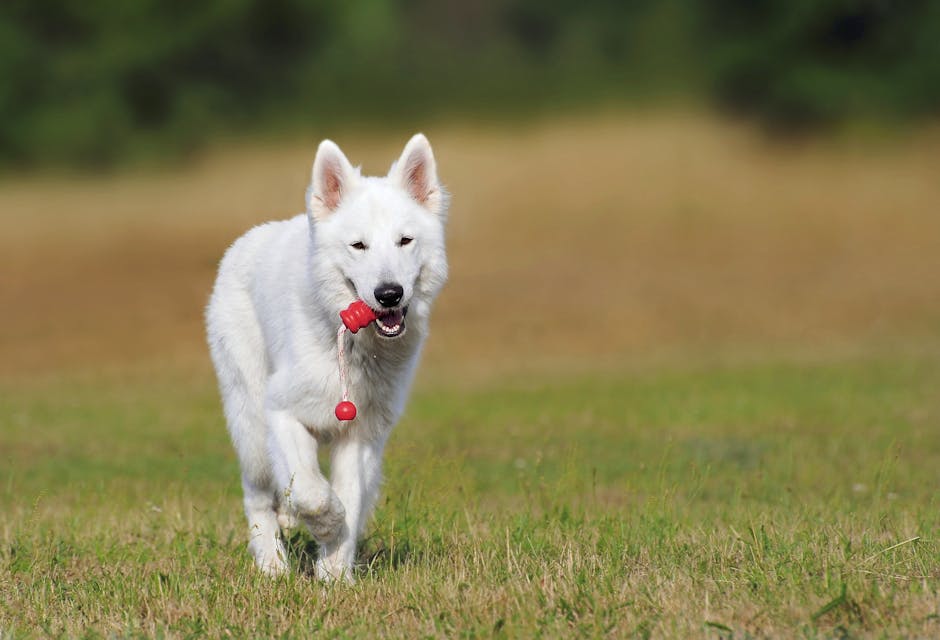Owning a dog is a wonderful experience, but it also comes with great responsibility. One of the most important aspects of dog ownership is training. Proper training can help you build a strong bond with your dog, improve their behavior, and make them safer and more enjoyable companions.
**The Benefits of Dog Training**
Dog training offers a wide range of benefits for both dogs and their owners. For dogs, training provides:
* **Mental stimulation:** Training exercises engage a dog's mind, preventing boredom and promoting healthy cognitive function.
* **Physical exercise:** Training often involves activities that require physical effort, such as walking, running, and jumping, keeping dogs fit and healthy.
* **Socialization:** Training classes or group activities provide opportunities for dogs to socialize with other dogs and people, improving their social skills.
* **Improved behavior:** Training can help correct unwanted behaviors such as jumping, barking, and chewing, making dogs more enjoyable and well-behaved companions.
For owners, dog training offers:
* **Stronger bond:** Spending time training with your dog builds a stronger bond and improves communication between you.
* **Increased safety:** A well-trained dog is more likely to obey commands and behave appropriately in different situations, reducing the risk of accidents or injuries.
* **Peace of mind:** Knowing that your dog is well-behaved and under control can provide owners with peace of mind and reduce stress.
* **Enjoyable companionship:** A trained dog is more pleasant and rewarding to live with, enhancing the overall experience of dog ownership.
**Getting Started with Dog Training**
Starting with dog training can seem overwhelming, but it doesn't have to be. Here are some tips to get you started:
* **Start early:** Puppies are more receptive to training than older dogs, so start as early as possible.
* **Be consistent:** Training requires consistency and patience. Repeat commands regularly and use positive reinforcement to reward good behavior.
* **Use positive reinforcement:** Reward your dog with treats, praise, or affection when they exhibit desired behaviors. Avoid punishment, as it can damage your bond and make training less effective.
* **Keep training sessions short:** Dogs have short attention spans, so keep training sessions short and focused.
* **Seek professional help:** If you encounter difficulties or have specific training goals, consider seeking help from a professional dog trainer.
**Personal Experience**
My own experience with dog training has been incredibly rewarding. I adopted my dog, Buddy, when he was a 5-month-old puppy. He was a sweet and energetic dog, but he exhibited some unwanted behaviors such as jumping and barking. Through consistent and positive training, I was able to teach Buddy basic obedience commands, improve his socialization skills, and curb his unwanted behaviors. Today, Buddy is a well-behaved and happy companion who brings joy to my life every day.
**Conclusion**
Dog training is an essential aspect of dog ownership. It provides numerous benefits for both dogs and their owners, including improved behavior, stronger bond, increased safety, and overall enjoyment. By following the tips provided and seeking professional help when needed, you can effectively train your dog and reap the rewards of a well-trained and fulfilling canine companion.
